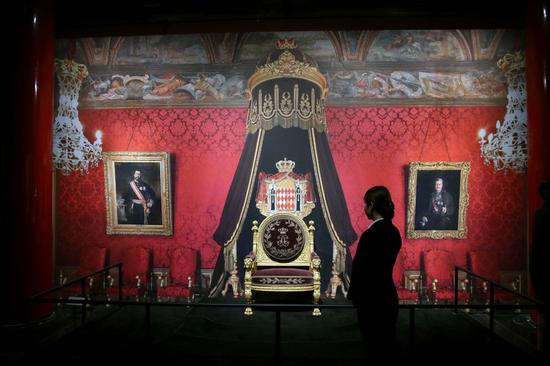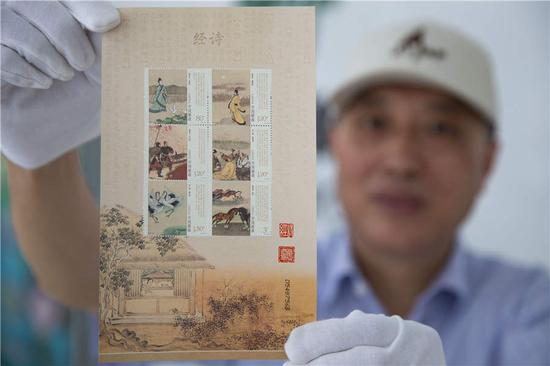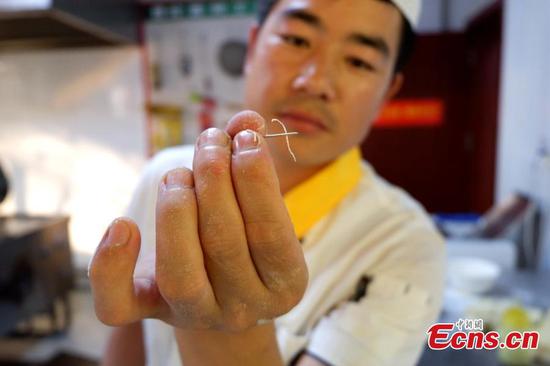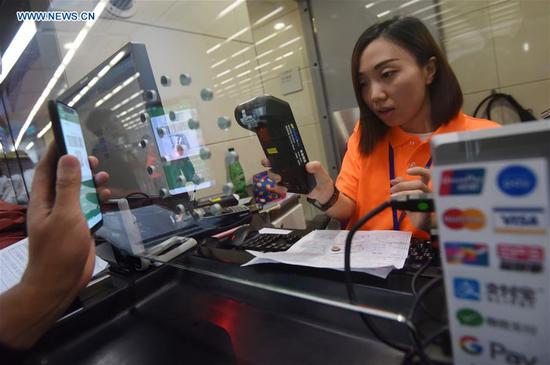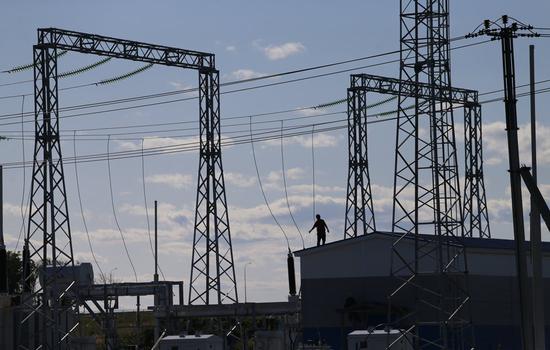○ Artificial intelligence (AI) is being employed to help with an official crackdown on pornography
○ Despite the occasional blunder, AI has advantages over human moderators
○ AI has yet to master how to consider cultural context when deciding what to block
A scantily clad female in sexy lingerie was jiggling her breasts on a Chinese live streaming app, a scenario which was immediately identified by an AI porn-identification system. The system promptly raised the alarm for a manual check by a human to decide whether to close the account immediately.
However, the AI system failed to filter out a different stream featuring a woman who was not wearing anything but a necktie, letting the naughty video stream slip through the censor's net.
This is an example of China's fledgling AI porn-identification systems, which keep improving based on their algorithms. This nascent systems are greatly helping China's increasingly stringent crackdown on pornographic content across live-streaming short video platforms.
Content moderating is becoming one of the fastest-growing tasks in China's online videos and news sector. Chinese live-video streaming start-up Kuaishou announced in April that it would recruit 3,000 additional content moderators, bolstering its current 2,000.
More and more contractors are providing AI content moderation services to cope with skyrocketing demand. But when even humans can't decide what is pornographic and what is acceptable, how can a machine be expected to do it?
Good and bad moans
China will soon be able to crack down on explicit, violent and pornographic sounds and voices, in addition to pictures and texts. This is the vision of China's e-commerce giant, Alibaba, which recently revealed its voiceprint technology to identify online pornographic content.
The AI technology can identify multiple languages, including Japanese, Russian and English, as well as the Hunan and Sichuan dialects. It can identify the groan sound as well, according to a statement Alibaba sent to the Global Times in August.
Offline and real-time voices can be converted to words. By matching content on its database, Alibaba's AI system is able to recognize speech containing illegal and objectionable information, such as pornography.
At the beginning, the research group collected over 13 million high-quality porn images from nearly 2,000 websites to teach the AI system, said Wei Shi, the senior algorithm engineer of Alibaba's security department. The group also used a large number of Cantonese TV series to make the AI familiar with local dialects.
The intensity of the official crackdown on pornography calls for AI's efficacy in the handling of pornographic audio.
Compared with the detection of images and text, identifying pornographic audio remains in a fledgling stage, Wei told the Global Times, noting that challenges include how to reduce the interference of background noise when AI examines a voice.
Tuputech, a Guangzhou-based leading AI company in online porn identification, offers thorough filtering of online photos based on its self-developed deep learning system and AI technology. The company claims that its AI system can review at least 1 billion photos every day.
Tuputech's AI moderation system uses deep learning to assign an image into three categories - normal, sexual, pornographic.
Its AI moderator is now able to automatically detect explicitly erotic pictures, such as nipples, sexual behavior, sexual connotation in certain occasions, and anime porn. It can also promptly classify images as "pornographic," and then wait for human intervention in the next stage of censorship.
Jiang Zerong, operations director of Tuputech, said that some AI systems now have the ability to identify sexual organs outlined in a comic book image.
"It is kind of a protective effort for teenagers who are addicted to comics," Jiang said.
"With the improved training and evolution of deep learning algorithms, the AI moderators are now able to automatically classify an unhealthy image with greater precision," said Jiang.



















